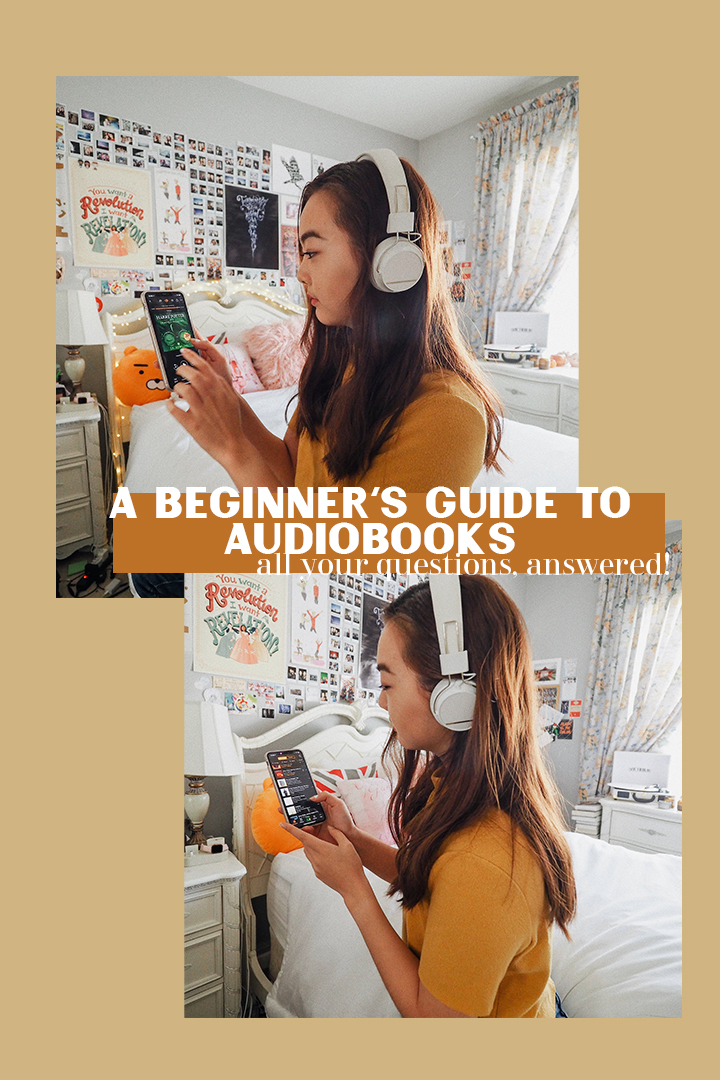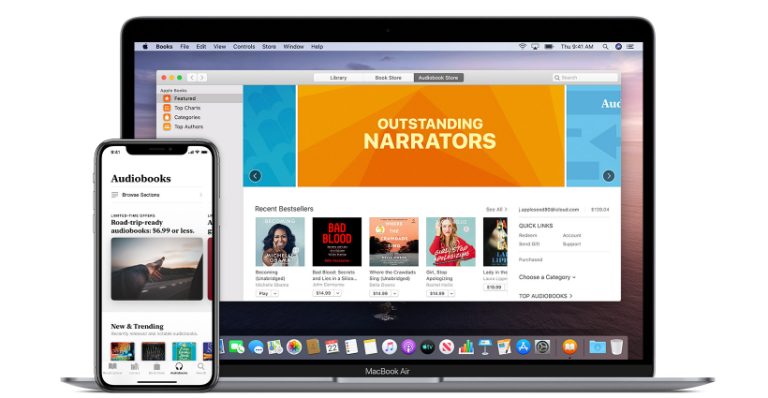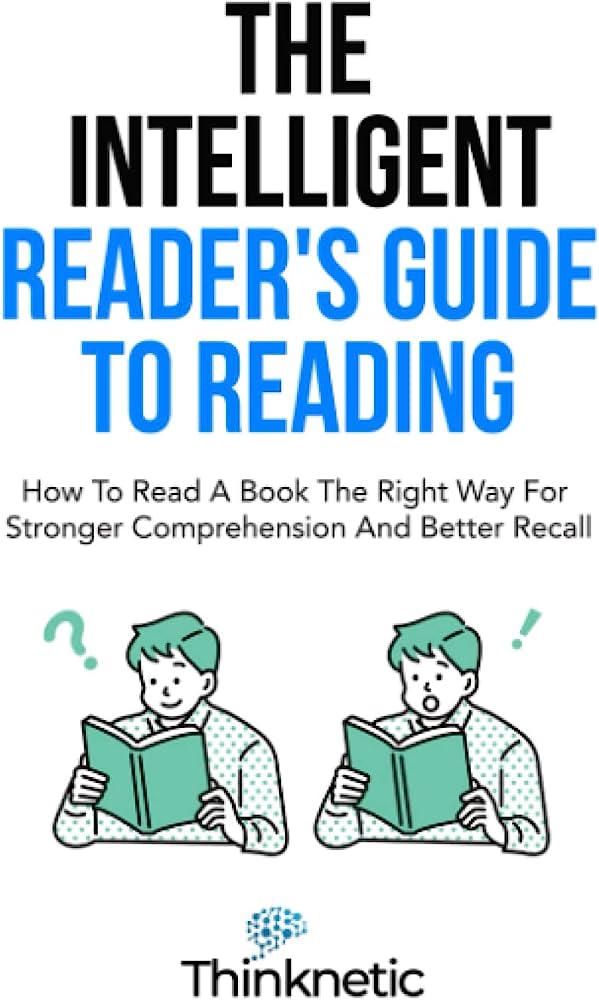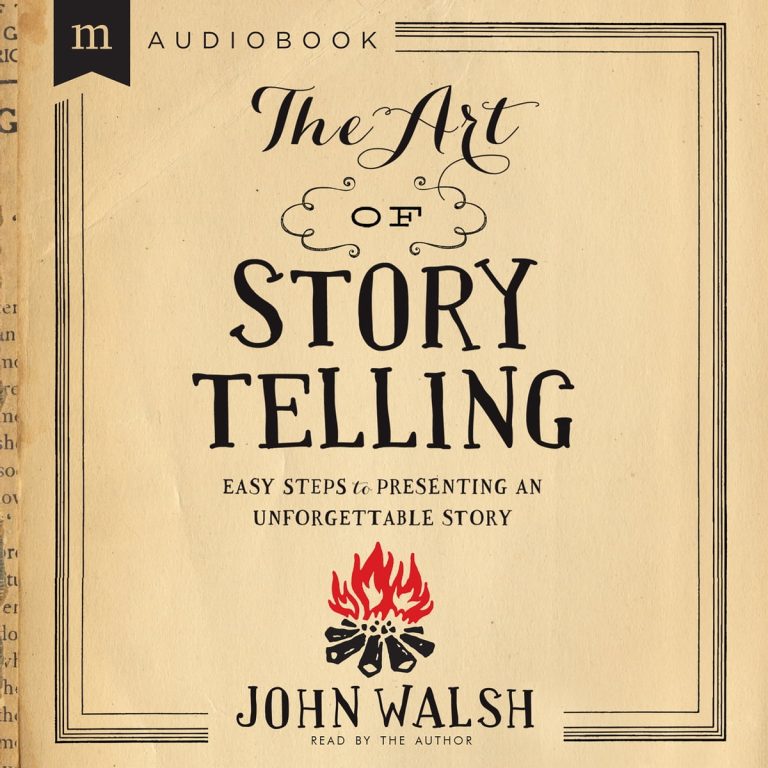Are Audiobooks Good For Your Mind?
Are audiobooks good for your mind? Let’s dive into this fascinating topic and explore the benefits of indulging in the world of spoken stories. Whether you’re an avid reader or someone who struggles to find time for books, audiobooks offer a convenient and immersive way to enjoy literature. But do they actually have a positive impact on our minds? Let’s find out.
In today’s fast-paced world, finding time to sit down with a physical book can be a challenge. However, with audiobooks, you can listen to captivating stories while multitasking, whether it’s during your daily commute, while doing household chores, or even during your workout sessions. The beauty of audiobooks lies in their ability to transport you to different worlds and engage your imagination, all while keeping your mind entertained and stimulated. So, not only are they a convenient option for book lovers, but they also provide a valuable escape from the mundane routines of everyday life. But are audiobooks just a form of entertainment, or do they offer more benefits for our minds? Let’s explore further.

Are Audiobooks Good for Your Mind?
Audiobooks have gained immense popularity in recent years, offering a convenient way to enjoy literature and absorb new information. But are audiobooks really good for your mind? In this article, we will explore the impact of audiobooks on cognitive abilities, memory retention, and overall mental well-being.
The Benefits of Audiobooks
1. Enhanced Listening Skills: Listening to audiobooks can improve your auditory processing skills and enhance your ability to understand spoken language. This can be particularly beneficial for individuals with learning disabilities or language barriers.
2. Multitasking Potential: Audiobooks allow you to engage in other activities while listening, such as exercising, cooking, or commuting. This enables you to make the most of your time and maximize productivity.
Improved Memory Retention
Audiobooks can have a positive impact on memory retention. Research has shown that when we listen to information, our brains form mental images and associations, which can aid in remembering details. Additionally, the use of different voices and sound effects in audiobooks can make the content more memorable and engaging.
Furthermore, audiobooks can be especially beneficial for individuals with conditions like dyslexia or visual impairments, as they provide an alternative way to access information and enjoy literature.
The Impact on Comprehension and Analysis
1. Engaging Narration: A skilled narrator can bring a story to life, capturing the emotions and nuances of the characters. This can enhance comprehension and make the listening experience more enjoyable.
2. Critical Thinking: Audiobooks encourage active listening and critical thinking. As you listen to the story, you are prompted to analyze the plot, anticipate the outcome, and interpret the author’s intentions.
Enhanced Vocabulary and Language Skills
Listening to audiobooks exposes you to a variety of vocabulary and sentence structures, which can expand your language skills and improve your overall fluency. This is particularly beneficial for language learners or individuals looking to enhance their communication abilities.
Additionally, audiobooks can help improve pronunciation and intonation, as you can listen to native speakers and mimic their speech patterns.
Stress Relief and Relaxation
Audiobooks provide an escape from the pressures of daily life, offering a form of entertainment and relaxation. Listening to a captivating story can transport you to different worlds and alleviate stress, promoting a sense of calm and well-being.
Moreover, audiobooks can be a valuable tool for individuals dealing with anxiety or insomnia, as they offer a soothing and comforting experience that can aid in relaxation and better sleep.
Increased Accessibility and Inclusivity
One of the significant advantages of audiobooks is their accessibility. They provide an inclusive way for individuals with visual impairments or physical disabilities to enjoy literature and access information.
Furthermore, audiobooks can cater to individuals who struggle with reading or have learning disabilities, ensuring that everyone has equal opportunities to engage with literature and expand their knowledge.
Conclusion
Audiobooks can be incredibly beneficial for your mind, offering enhanced listening skills, improved memory retention, expanded vocabulary, and stress relief. They provide a convenient and inclusive way to enjoy literature and access information. So, the next time you’re looking for a new book to read, consider giving audiobooks a try and reap the many benefits they have to offer.
Key Takeaways: Are Audiobooks Good for Your Mind?
- Audiobooks can improve reading comprehension and language skills.
- Listening to audiobooks enhances imagination and creativity.
- Audiobooks can be a valuable learning tool for people with visual impairments.
- Listening to audiobooks can reduce stress and promote relaxation.
- Audiobooks provide a convenient way to enjoy books while multitasking.
Frequently Asked Questions
1. Can listening to audiobooks improve your cognitive abilities?
Listening to audiobooks can indeed have a positive impact on your cognitive abilities. Research has shown that engaging with audiobooks stimulates the brain in a similar way to reading printed books. When you listen to an audiobook, your brain is still processing the language, visualizing the story, and making connections between ideas.
Furthermore, audiobooks can enhance your listening skills and improve your comprehension abilities. By focusing on the narrator’s voice, tone, and inflection, you can pick up on subtle cues and nuances that might have been missed while reading. This helps to develop your auditory processing skills and overall cognitive flexibility.
2. Do audiobooks help with memory retention?
Yes, audiobooks can be a valuable tool for improving memory retention. When you listen to an audiobook, you are actively engaging with the content, which helps to reinforce the information in your mind. Studies have shown that auditory learning can be particularly effective for memory recall.
Additionally, audiobooks provide a multisensory experience by combining auditory input with your own mental imagery. This dual stimulation can enhance memory encoding and retrieval, making it easier to remember details from the story or information presented in non-fiction audiobooks.
3. Can audiobooks help reduce stress and anxiety?
Audiobooks can be a great way to relax and unwind, which can help reduce stress and anxiety. Listening to a captivating story or soothing narration can transport you to a different world and provide a temporary escape from daily worries.
Moreover, audiobooks offer a convenient form of entertainment that can be enjoyed during activities that would otherwise be mundane or stressful, such as commuting or doing household chores. This can help distract your mind from stressors and promote a sense of calm and relaxation.
4. Are audiobooks suitable for improving language skills?
Yes, audiobooks can be a valuable tool for improving language skills. By listening to audiobooks, you are exposed to natural language patterns, pronunciation variations, and vocabulary usage, which can enhance your overall language comprehension.
Additionally, audiobooks provide an opportunity to immerse yourself in the spoken language, allowing you to develop a better sense of rhythm, intonation, and accent. This can be particularly beneficial for individuals learning a new language or trying to improve their oral communication skills.
5. Are there any potential drawbacks to relying solely on audiobooks?
While audiobooks have numerous benefits, it’s important to note that they may not be suitable for everyone or every situation. Some potential drawbacks include:
1. Reduced visual engagement: Unlike reading printed books, audiobooks do not provide visual stimuli, which may limit the development of visual imagination and spatial awareness.
2. Distraction and reduced focus: In certain environments or when multitasking, it may be challenging to maintain full focus on the audiobook, potentially leading to reduced comprehension and retention.
3. Limited active participation: Unlike reading, where you actively engage with the text by flipping pages, underlining, or taking notes, audiobooks offer less opportunity for active participation and interaction with the content.
It’s important to strike a balance between audiobooks and other forms of reading to ensure holistic cognitive development.
“Your mind is the creator of everything material” – THE MENTAL EQUIVALENT – Emmet Fox – AUDIOBOOK
Final Thoughts: Are Audiobooks Good for Your Mind?
As we wrap up our exploration of the benefits of audiobooks for the mind, it’s clear that they offer a wealth of advantages. Not only do they provide a convenient way to consume books and expand your knowledge, but they also stimulate your imagination and enhance your cognitive abilities. The flexibility of audiobooks allows you to engage with literature while multitasking, making them a valuable tool in our fast-paced world.
In conclusion, audiobooks can be a fantastic addition to your literary journey. They not only entertain and educate but also provide a unique auditory experience that can transport you to different worlds. Whether you’re driving, cooking, or simply relaxing, audiobooks offer a delightful way to immerse yourself in stories and expand your horizons. So, grab your headphones and embark on a captivating journey through the power of audiobooks – your mind will thank you.






